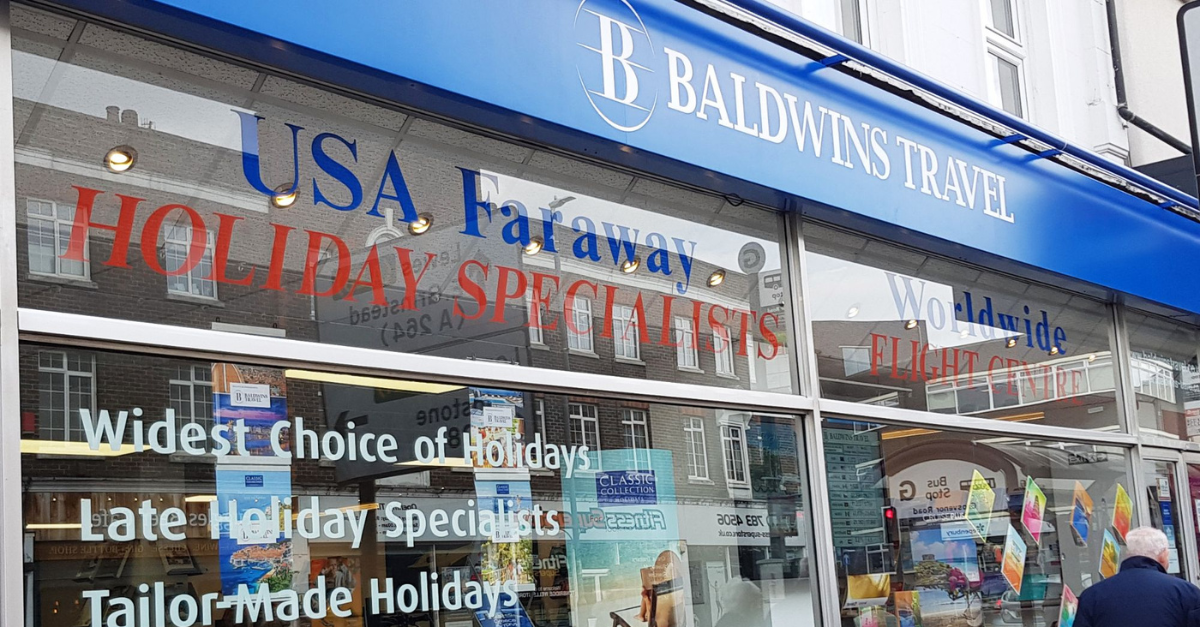You are viewing 1 of your 2 free articles
Trust provider rejects trade bodies’ views on segregation of funds
A leading provider of travel trusts has opposed calls from trade bodies for the CAA to reconsider its view that segregating customer payments could ease the financial demands of merchant acquirers on tour operators and agents.
The CAA, which is still considering the more than 300 responses to its consultation on potential reforms to Atol, wants segregated customer payments, most likely in trust accounts, to become a condition of Atol licensing not just for Atol holders but for agents selling their holidays.
It argued: “The existence of segregated monies may provide comfort to merchant acquirers that they will be less exposed to insolvency risk and may make reduced or zero demand for security.”
However, the Association of Atol Companies (AAC) challenged that view in its response to the CAA’s Atol Reform consultation, with its interpretation echoed by the Advantage Travel Partnership.
Tom Clay, chief financial officer of Protected Trust Services, insisted the CAA was correct in its assertion.
He said: “The CAA in its Atol consultation says that ‘segregation of consumer money may provide comfort to merchant acquirers that they will be less exposed to insolvency risk’. The experience of Protected Trust Services (PTS) demonstrates that there is no may about it. This is definitely the case.
“Card acquirers regard travel as a cautious sector because holidays are paid for months before travel and if the money is not paid into trust, the acquirer does not know what the consumers’ funds will be spent on.
“Card acquirers cannot distinguish between licensable and non-licensable transactions on authorisation and whilst Atol may share the risk in licensable transactions, card acquirers have far less protection for non-licensable transactions. Therefore, they are very cautious about giving card acquiring to travel firms.”
Clay added: “With a properly run trust account the position is different. If the card acquirer can be certain that the only possible use of a consumer’s money before travel is a supplier payment for that specific consumer’s holiday, then the risk is much reduced – by 95%, according to the credit department of one card acquirer dealing with PTS.
“Further proof is given by the many introductions we have received from card acquirers. Often they have told their existing travel customers that if they wish to continue to have card acquiring, the acquirer would like them to hold consumers’ money in trust.”
Clay argued that the segregation “made sense for travel as a whole”, arguing: “Consumer money is client money and should be segregated as client money is segregated in law, accountancy and insurance.”
He added: “For all travel businesses to benefit from good merchant rates and to enhance relationships with merchant acquirers we must work together and understand one another’s position.
“As an industry we must move forwards and learn from the past two years. By strengthening our stakeholders’ positions, such as merchant acquirers, we strengthen the entire travel industry’s position and we will be stronger together.”
A consultation on Atol reform was launched in April 2021, and the Civil Aviation Authority is currently in the process of considering more than 300 responses.
Michael Budge, head of Atol licencing, said: “We are undertaking an impact assessment of these different options to determine their suitability.
“We would like to reaffirm that no decision has yet been made and that the Civil Aviation Authority will be considering all evidence and opinions provided to us.
“Our proposals for changes will be set out in the second consultation document which is due for publication in spring 2022. At that point, Atol holders and other stakeholders will be able to further comment on the proposals, prior to any changes being made or transition period starting.”

















